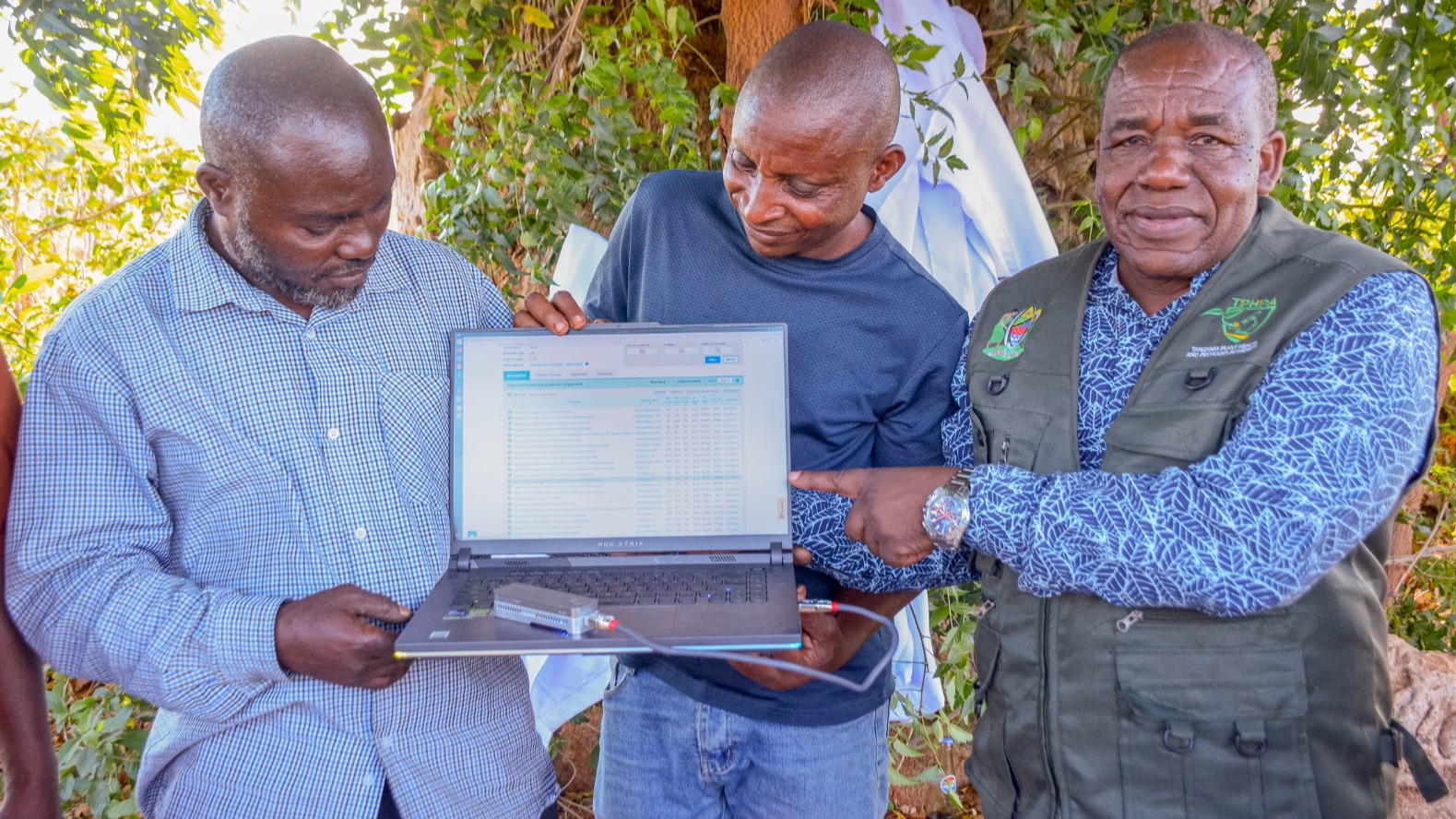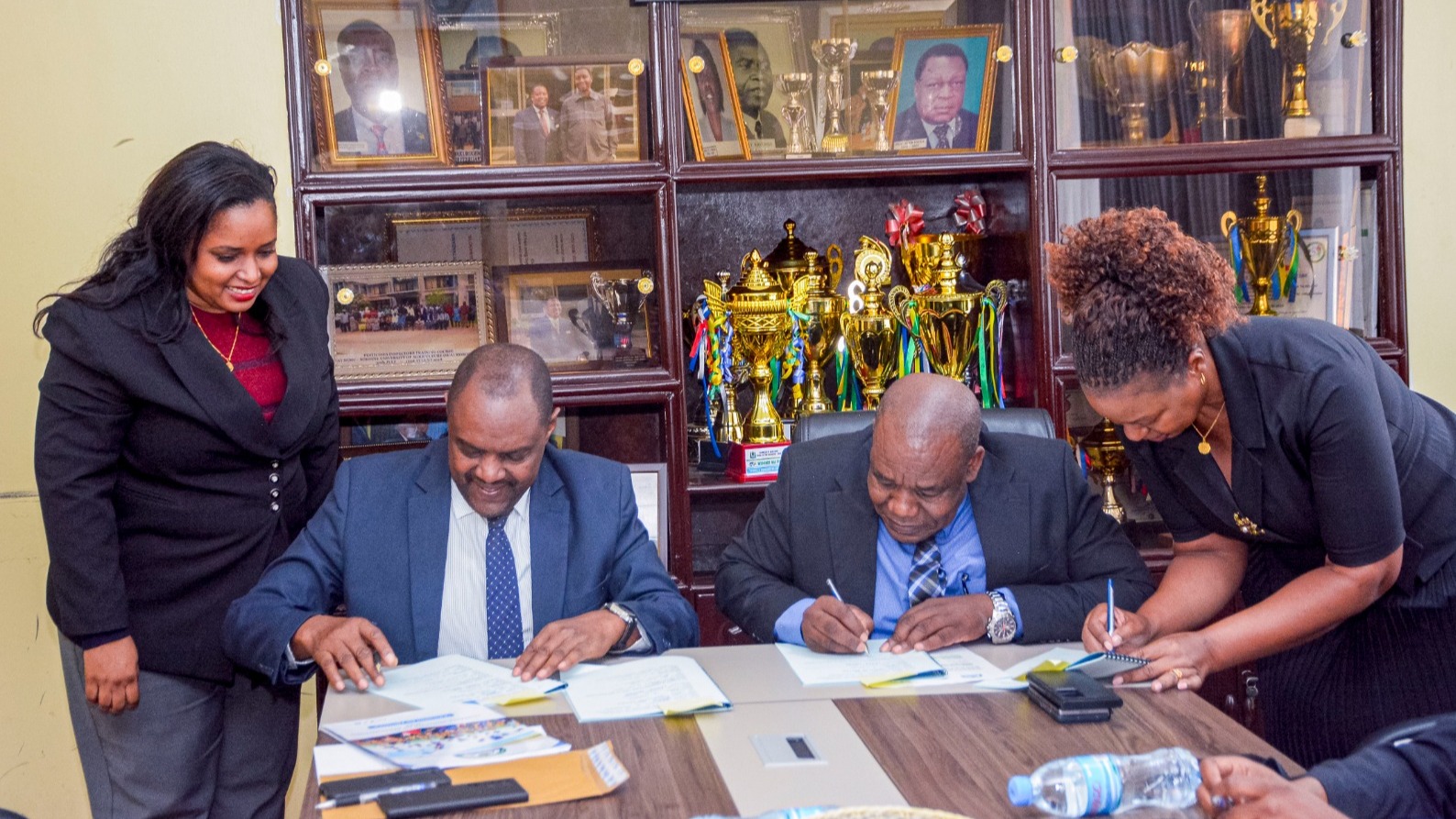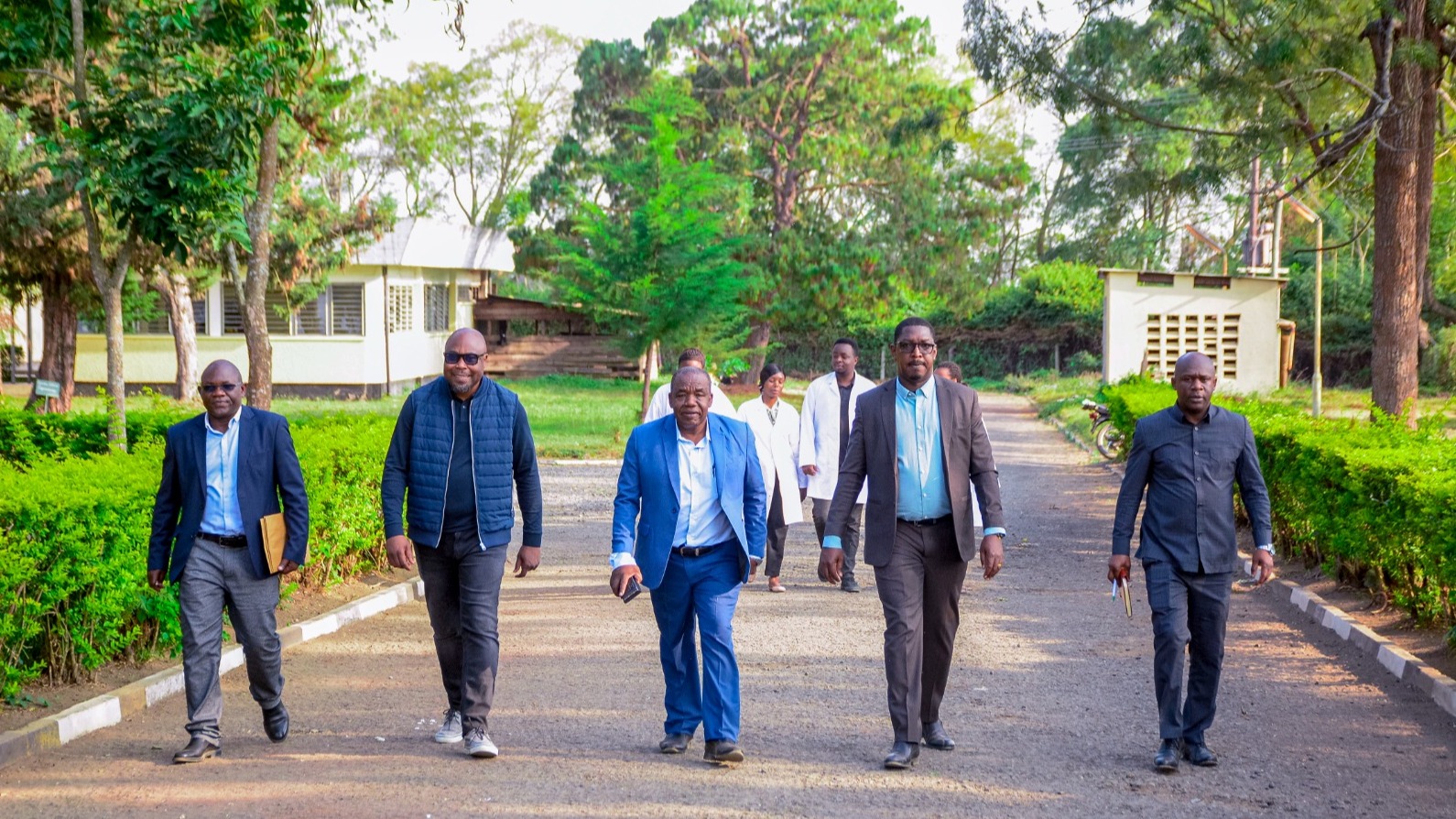Kanda ya Kasikazini
TPHPA Northern zone is in Arusha region, Meru district council. It is located about 2 Km from Tengeru centre. It consists of three regions, namely Arusha, Manyara and Kilimanjaro regions. The Northern Zone of Tanzania is recognized as a significant horticulture hub, contributing substantially to the country’s horticulture production both for local and export markets.
This zone is characterized by its favorable climate, fertile soils, and diverse ecosystems, which support the cultivation of a wide range of horticultural crops such as fruits, vegetables and flowers. But it is not limited to horticulture production, it also produces various other crops that are vital for both local consumption and export.
The zone comprises the team of trained and dedicated staff who are committed to serving stakeholders in the agricultural sector. They work tirelessly seven days a week to provide essential services such as inspections, training sessions for farmers, consultations and perform pest management operations. All aimed at enhancing productivity while minimizing risks associated with pests and diseases as well as pesticides risks to enhance trade facilitation both local and export market.
ii.Scope and responsibilities
- Pesticide business stakeholders’ inspections. To conduct regular inspections of pesticide shops, industries, warehouses and fumigators to ensure compliance with regulations and standards. As well as facilitating business registration and licensing.
- Training and outreach for both plant health and pesticides. Educating pesticide handlers that include farmers and sellers about the safe handling and use of pesticides. This includes training sessions on plant health management basics, proper application techniques and potential hazards associated with handling pesticides. Aims to minimize health risks and environmental impacts.
- Field inspections for export crops. To facilitate international trade, field inspections are conducted on farms that produce for export market. These inspections ensure that crops meet phytosanitary standards required by importing countries.
- Border inspections. This is done for both export and import products. The products include crops and pesticides consignment and other products including plant products, soil, etc. Border inspections are performed to verify compliance before goods leave or enter Tanzania through Northern zone borders.
- Issuing phytosanitary certificates. All border points issue phytosanitary certificates after successful inspections which certify that exported plants or plant products are free from pests and diseases. This certification is essential for maintaining market access in international trade. Exporters are guided by how to apply.
- Crop warehouse and pack house inspections. The office inspects crop warehouses and pack houses to ensure adherence to sanitary and phytosanitary compliance standards. These inspections focus on verifying proper pesticide treatment protocols and storage practices, which are vital for safeguarding human health.
- Pest monitoring and controlling outbreak pests. The zone actively engages in controlling pest outbreaks such as quelea qwelea birds, rodents, armyworms, and locusts that threaten crops. Through coordinated efforts with regions and districts, continuous monitoring of outbreak pest populations allows timely interventions for pest control to ensure food security.
- Awareness on international trade requirements. The office helps and education for trade facilitation among stakeholders involved in agriculture such as crop exporters, agents, and producers regarding export market requirements related to sanitary and phytosanitary (sps) compliance. This support ensures that stakeholders are aware of the compliance standards necessary for accessing international markets.
- Preliminary pest identification. It is conducted at a basic level. Plans are underway to enhance capabilities with more advanced pest identification techniques by capacitating the laboratory with advanced equipment.
iii. Zonal office e-mail
iv.Key inspection and entry points
- Tengeru zonal office
- Namanga border
- Kilimanjaro international Airport (KIA)
- Holili border
- Tarakea border




